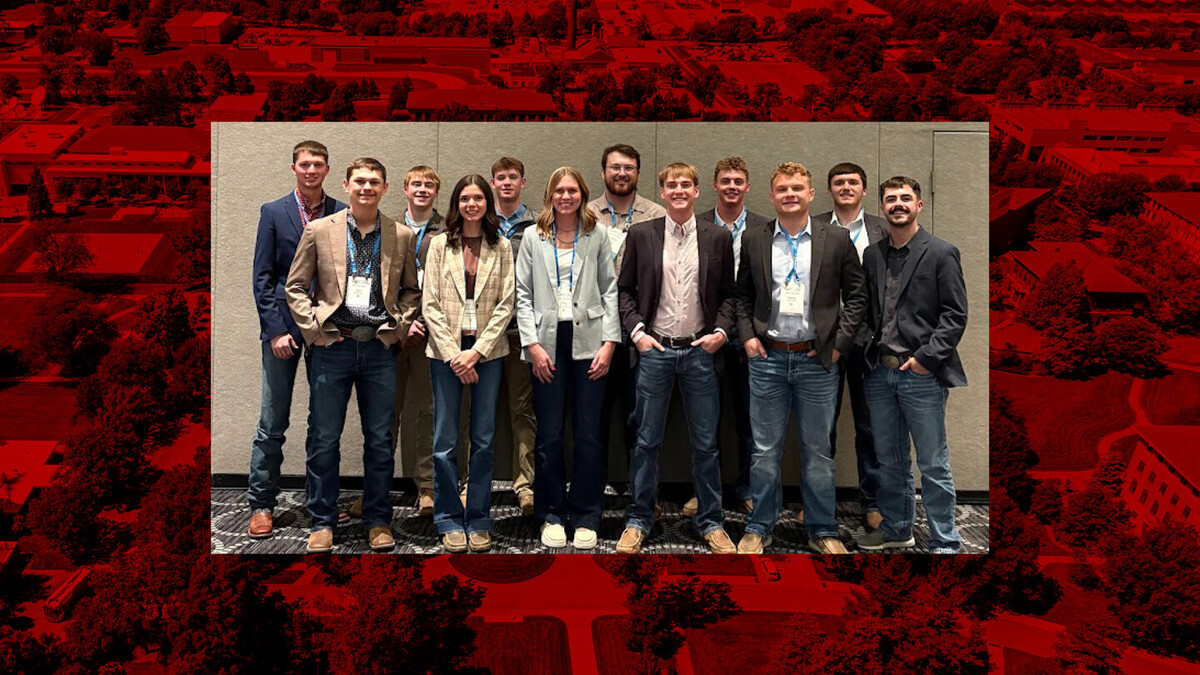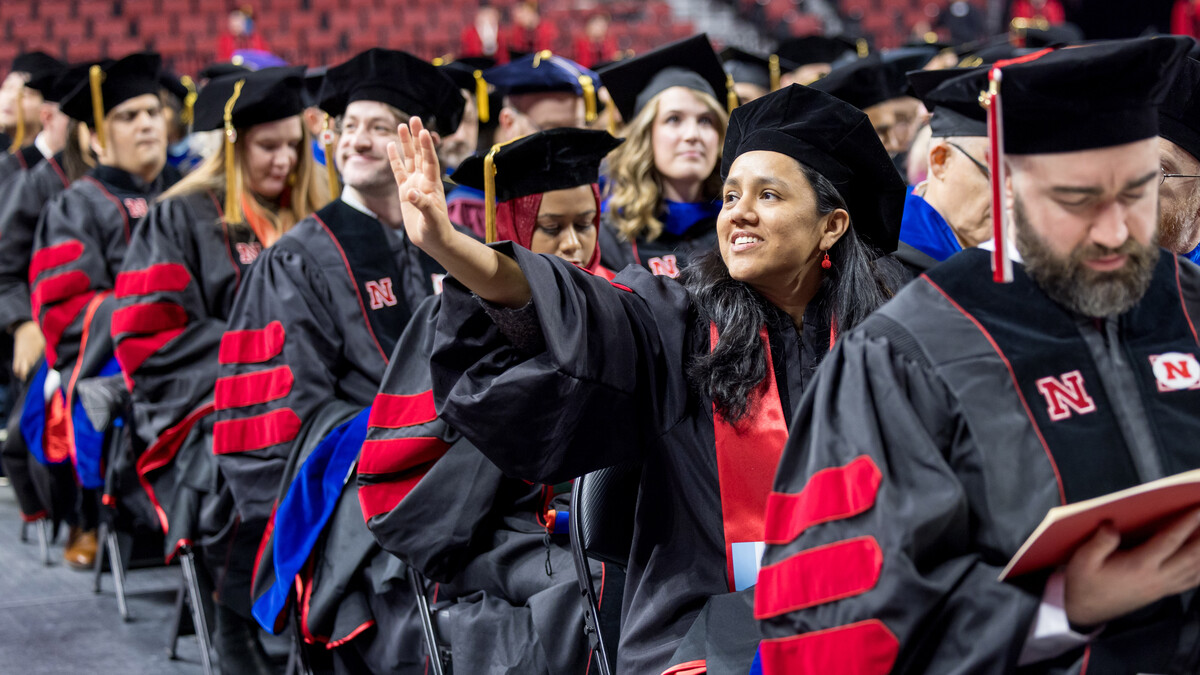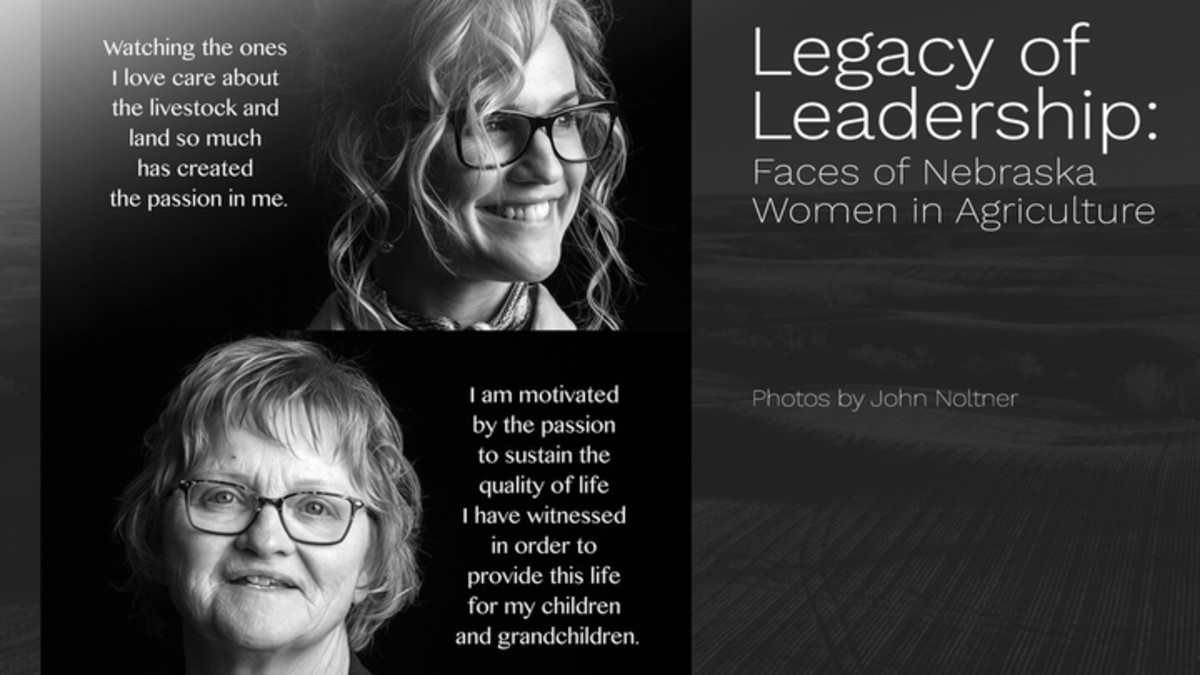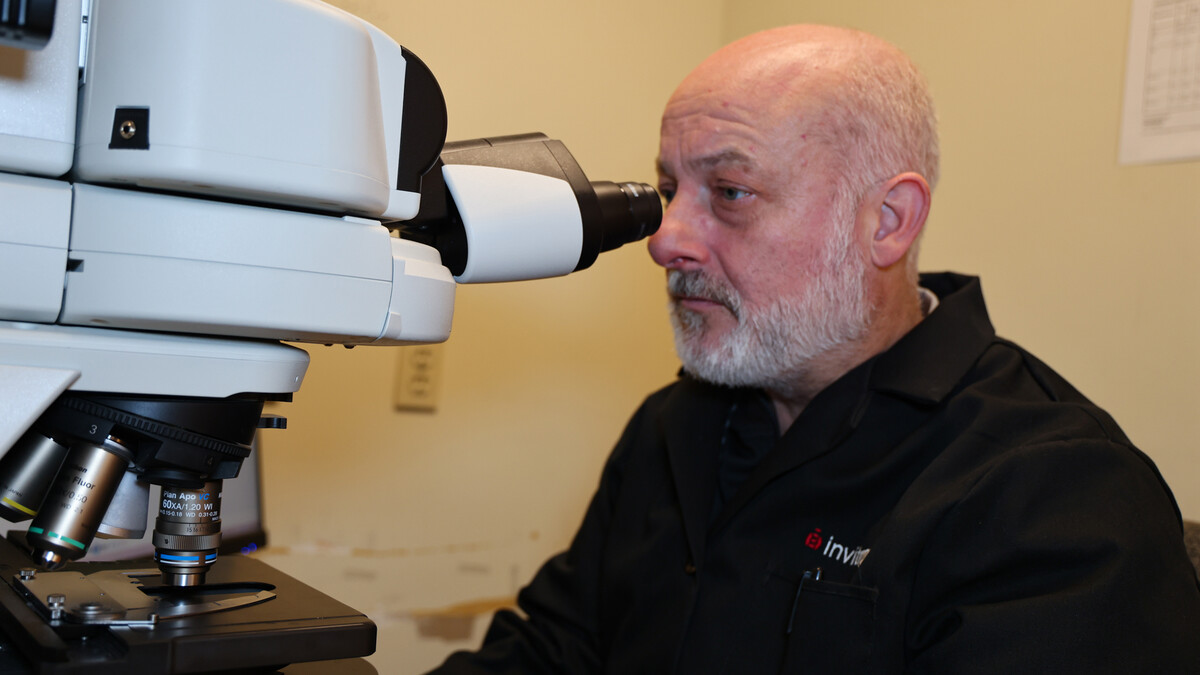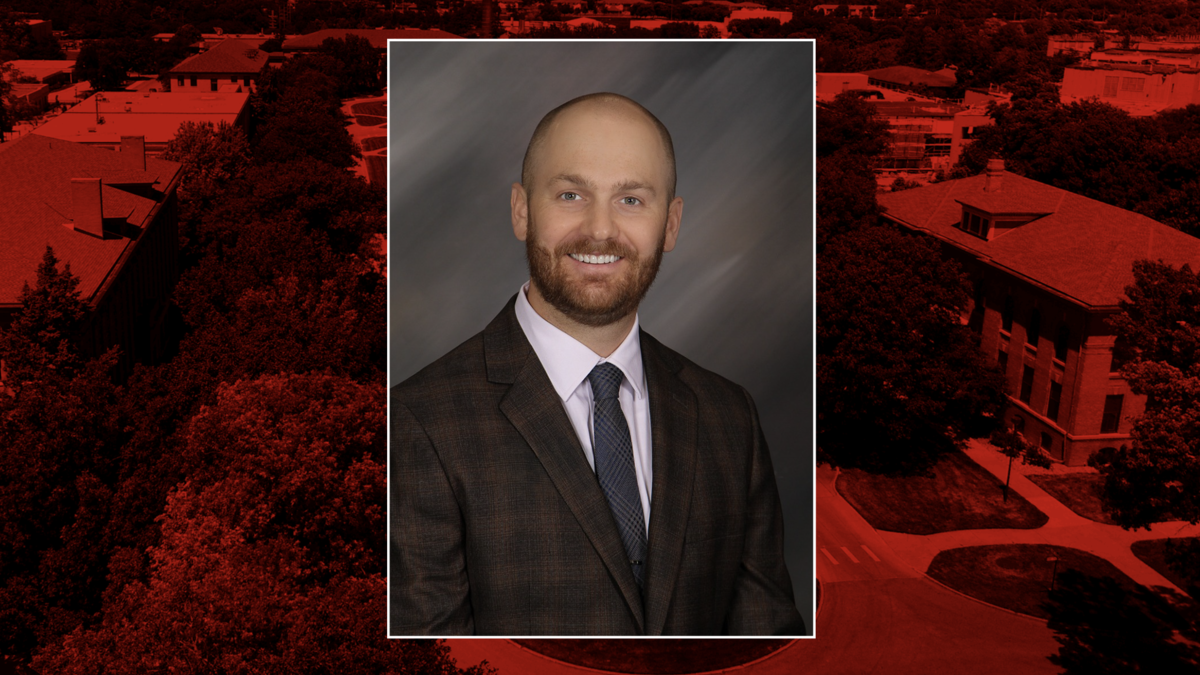The University of Nebraska’s Daugherty Water for Food Global Institute has received a $19 million federal grant to coordinate a global network of partner organizations to achieve sustainable irrigation and agricultural mechanization by small farmers in developing countries — a goal crucial to meeting the world’s growing food demand.
The world’s population is heading toward a projected 10 billion by 2050, up from the current 8 billion. Adoption of sustainable irrigation and agricultural mechanization by small farm operators is a key tool for reaching the needed production increase, the World Bank and other international development organizations have said.
In recognition of that need, the U.S. Agency for International Development has selected the Daugherty Water for Food Global Institute to lead a global, multi-partner collaboration focusing on smallholder irrigation and mechanization needs. The project will pursue a comprehensive approach encompassing not only direct technical aspects of irrigation and agricultural mechanization, but a set of practical, related issues that must be addressed if developing countries are to achieve long-term success in managing water to enable food security.
Examples of such needs include workforce development for the manufacturing, installation and maintenance of irrigation equipment; efficient collaboration with private-sector companies; public health considerations; and climate sustainability.
A central goal of the initiative is resilience — a producer’s ability to continue operation, and provide food and income, in the face of disruptions such as climate change or economic downturns. The project will look at the range of challenges for smallholder production, for rainfed fields, as well as those with full irrigation, including study of water security and management beyond the field scale, to include watershed conditions.
The project will draw on the relevant expertise from the institute’s 130 faculty fellows across the university system. The Water, Climate and Health program from the College of Public Health at the University of Nebraska Medical Center will be among the partner organizations providing input on public health matters. The National Drought Mitigation Center at the University of Nebraska–Lincoln also provides a resource for climate analysis.
“This project incorporates many urgent issues under the umbrella of irrigation and mechanization, and it is all interconnected,” said Nicole Lefore, who will direct the institute’s Feed the Future Innovation Lab for Irrigation and Mechanization created by the grant. Lefore is the institute’s associate director of sustainable agriculture water management.
Women account for a large portion of small farmers in the developing world, and this initiative aims to increase economic opportunity in agriculture and food systems for women and young people.
“From workforce development to watershed/basin management to the changing dynamics of women in agriculture, the relationships are there,” Lefore said.
Nepal, Ethiopia, Rwanda, Ghana, Honduras and Guatemala will be countries of specific focus initially for the DWFI project, along with the East Africa and Southern Africa regions generally.
World Bank analysis has pointed to the global need regarding sustainable irrigation. Across Africa, “less than 10% of arable land is irrigated, which means little insurance against erratic rains and climate shocks,” the World Bank reports. “Lack of irrigation puts at risk the livelihoods of hundreds of millions of smallholder farmers and their families across the continent.”
DWFI’s strengths lend themselves well to such a comprehensive project. The institute’s scientific work on water issues and irrigation is internationally known and respected. The institute has strong international partnerships with academic institutions, government agencies and private-sector companies, and is conducting projects in dozens of countries worldwide. Two of the institute’s current partners, the International Food Policy Research Institute and the International Water Management Institute, will be key participants in this new initiative.
“We have the existing networks and connections, plus the expertise of the university system as a whole,” Lefore said.
DWFI faculty have expertise in a wealth of water management and irrigation issues. Lefore, for example, has longstanding experience on irrigation issues working with academia and the private sector. She is a specialist on irrigation challenges facing smallholder farmers in developing countries, having lived in developing nations for more than 20 years with a focus on these issues. Nebraska’s private sector, meanwhile, has long been a global leader in irrigation.
“Throughout its history, the University of Nebraska–Lincoln’s Institute of Agriculture and Natural Resources has focused on meeting producers where they are and collaborating to improve yield, profitability and resilience,” said Mike Boehm, NU vice president and Harlan Vice Chancellor for the Institute of Agriculture and Natural Resources. “The Daugherty Water for Food Global Institute is the piece of UNL that expands this important work and works with producers far beyond Nebraska. DWFI’s work is global, scalable and incredibly producer focused. DWFI is a wonderful fit for this project, and I’m eager to see this work benefit producers and bolster food security.”
The Daugherty Water for Food Global Institute, with more than 13 years of experience in global water and food security issues, has demonstrated strength in the issues involved in this new project. The funding will now allow the institute to collaboratively scale versions of that work beyond Nebraska and onto the global stage.
“This is an especially significant investment in securing water and increasing productivity in smallholder agriculture around the world and, along with our partners, delivering on our mission of a water- and food-secure world,” said DWFI Executive Director Peter McCornick.
“This is a remarkable achievement for the University of Nebraska and our entire state that demonstrates, yet again, Nebraska’s leadership role in ensuring a food- and water-secure world,” said NU system President Ted Carter. “And it’s further evidence of the impact and success that are possible when we bring the combined strengths of our campuses together. I could not be prouder of the University of Nebraska faculty, staff, students and partners whose commitment and expertise made this award possible, and of the lives that will continue to be transformed for the better because of their work.”
The $19 million is for a five-year period, with a potential to expand the program with more activities up to $40 million. The DWFI project is part of a USAID initiative funding a series of Feed the Future Innovation Labs addressing a range of challenges for global food security and nutrition.
“Feed the Future Innovation Labs are driving novel solutions to the increasingly complex challenges we face today,” said Dina Esposito, Feed the Future deputy coordinator and USAID’s assistant to the administrator for resilience, environment and food security. “Advancing this research is key to equipping small-scale farmers with the tools they need to boost yields, use resources more efficiently and be more resilient to shocks.”



